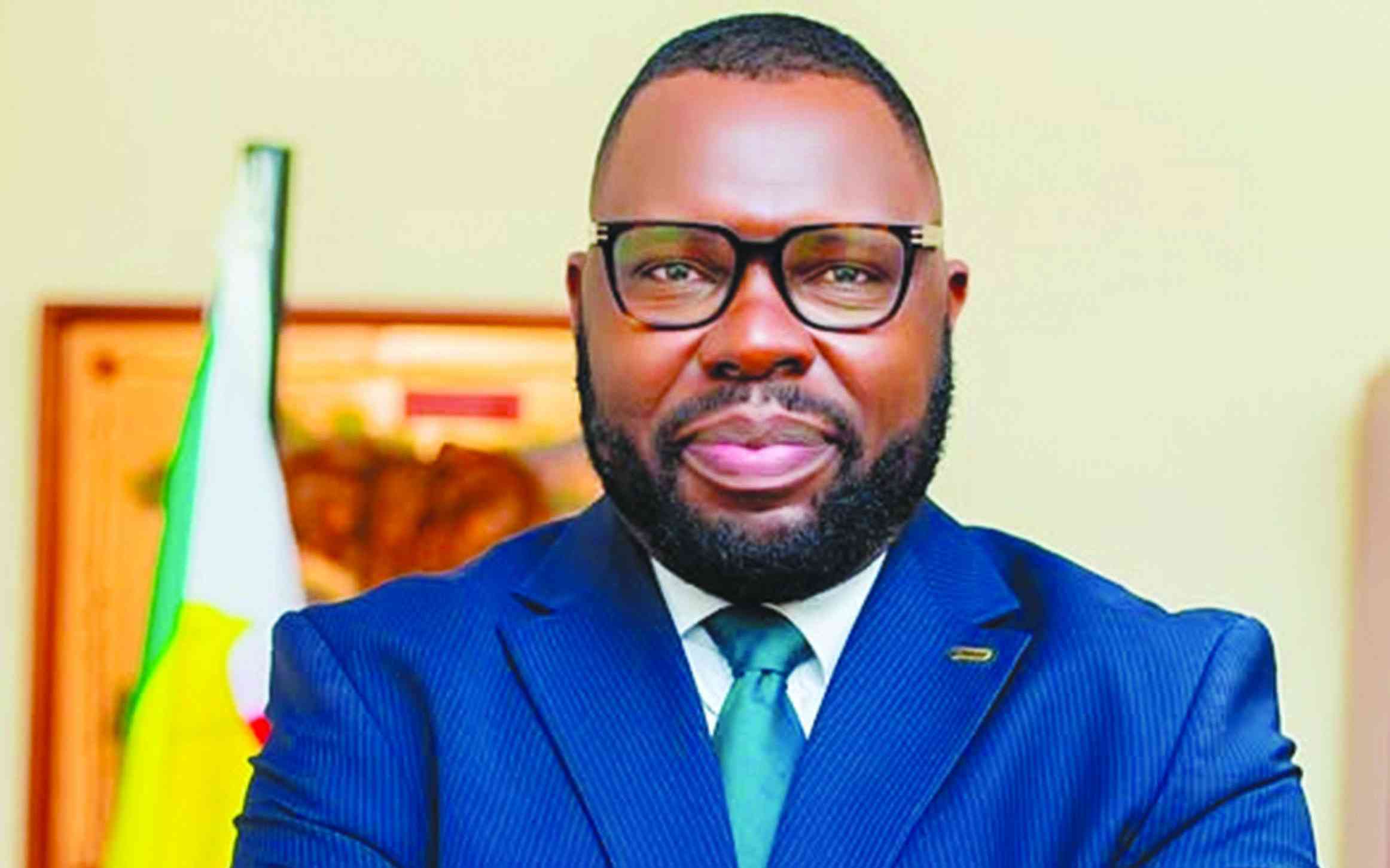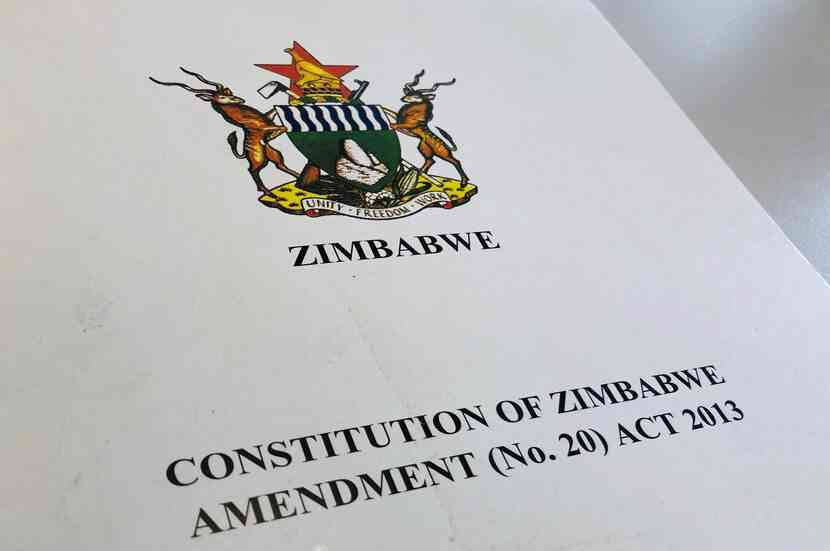
ZIMBABWE'S Ambassador to Botswana, Batiraishe Mukonoweshuro, has urged local companies to capitalise on Botswana's economic diversification drive to help rebalance trade between the two nations.
Botswana is seeking to diversify its economy, moving beyond its traditional reliance on diamond mining by focusing on sectors such as agriculture, tourism, manufacturing, and copper mining.
In an interview with NewsDay Business on the sidelines of the Global Expo Botswana, which ends on Saturday, Mukonoweshuro said Zimbabwean firms should seize this opportunity.
"The trade figures are not very encouraging at present," he said.
"They are actually skewed towards Botswana, and we need to do more. As you know, Botswana belongs to the Southern African Customs Union, so most of their trade and market investment has been skewed towards South Africa."
In 2023, Botswana exported goods worth US$63,5 million to Zimbabwe, primarily salt, non-knit clothing accessories, and electric batteries.
By contrast, Zimbabwe exported US$27,3 million to Botswana, with the main products being raw sugar, unglazed ceramics, and sawn wood.
Between 2018 and 2023, Botswana's exports to Zimbabwe grew by 3,57% annually, whereas Zimbabwe's exports to Botswana decreased by 4% annually over the same period.
- Drama around Ndebele king making a mockery of the throne
- Zimcodd red flags wage erosion
- Village Rhapsody: Zimbabwe needs to reduce teen pregnancies
- Community trailblazers: Chipo Gozho: An inspiration to today’s women
Keep Reading
"But I think we can do more, now that they are trying to diversify, they are opening up," the ambassador continued.
"There was a ban on vegetables and other agricultural products, they partially lifted that ban, and I think we are working with them to see how we can bring more, especially in the areas that are next or near Zimbabwe."
He highlighted timber as a key area for growth.
"We can do more in terms of supply, timber for example, is one of the areas where Botswana is really growing in terms of building, and they need a lot of timber, and we can do more if we can get enough from ourselves, in the Mutare border, our timber. I think we can do much more."
The ambassador also pointed to significant opportunities in livestock and related industries, leveraging the cordial relations between the two neighbouring countries.
"So I think there's a lot of interest because that's a green field, and also the issue of leather, leather tanning," he said.
"As you know, there's a lot of cattle in Botswana, and the tanneries are down, and I think it's an opportunity again that has presented itself."
He emphasised Zimbabwe's expertise, stating, "I think there's a lot of opportunities for our people, because you know we are very well-versed in the agricultural sector, in farming, in irrigation, in horticulture."
Mukonoweshuro also noted the potential for mutual capacity building. Botswana has been assisting Zimbabwe in combating foot and mouth disease.
"Together we can actually become a hub where we teach them in their horticulture and agricultural sector, and they also intend to teach us more on the veterinary side, because they are well versed in that area."
"So it's a question of actually trying to cooperate and making sure that we increase, depending on the advantages of our scales, and to see where we are best in each other, and then we will teach each other where we lack."
Zimbabwe’s strategically planned exports—including agricultural produce, mining products, building materials, clothing, textiles, and processed foods—have increasingly gained significant traction in Botswana’s market.











